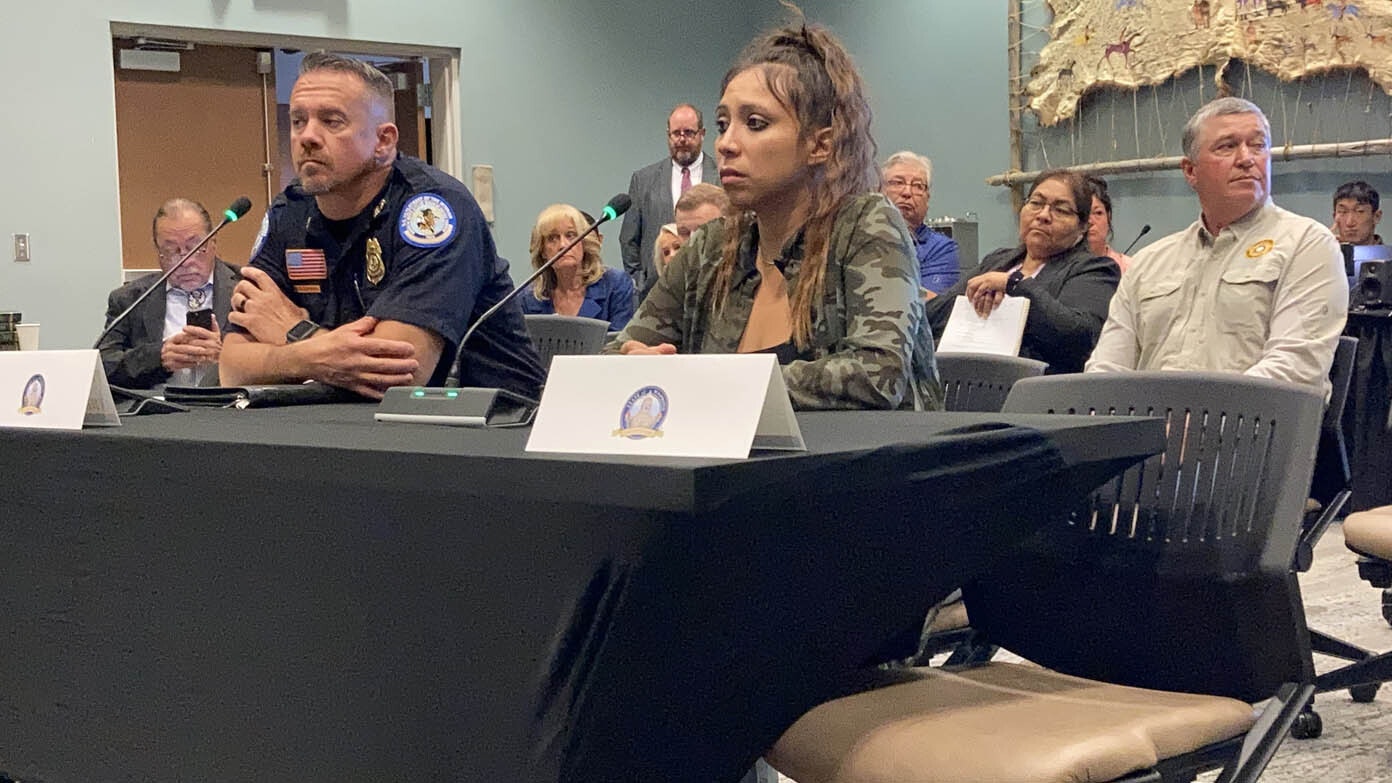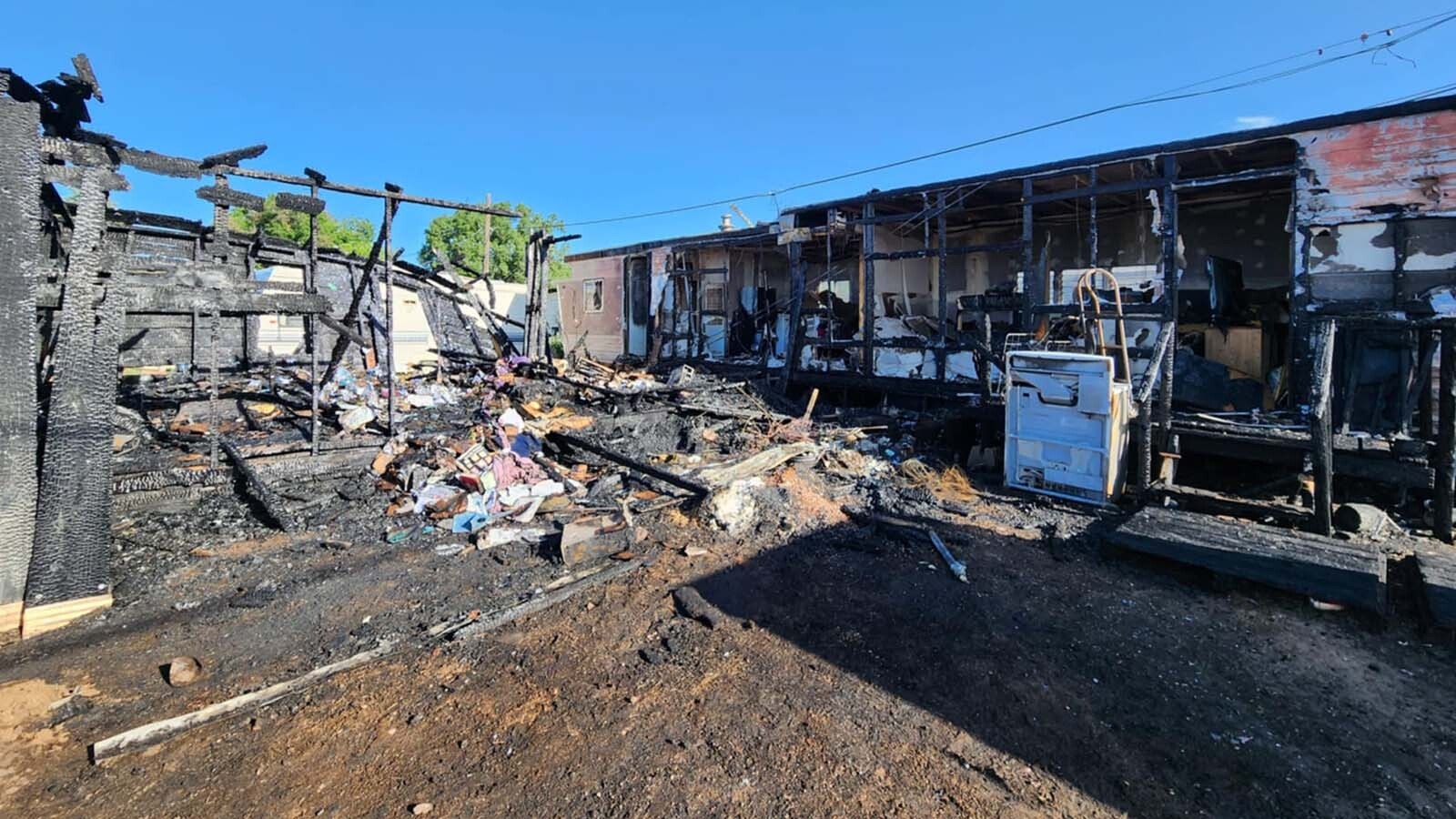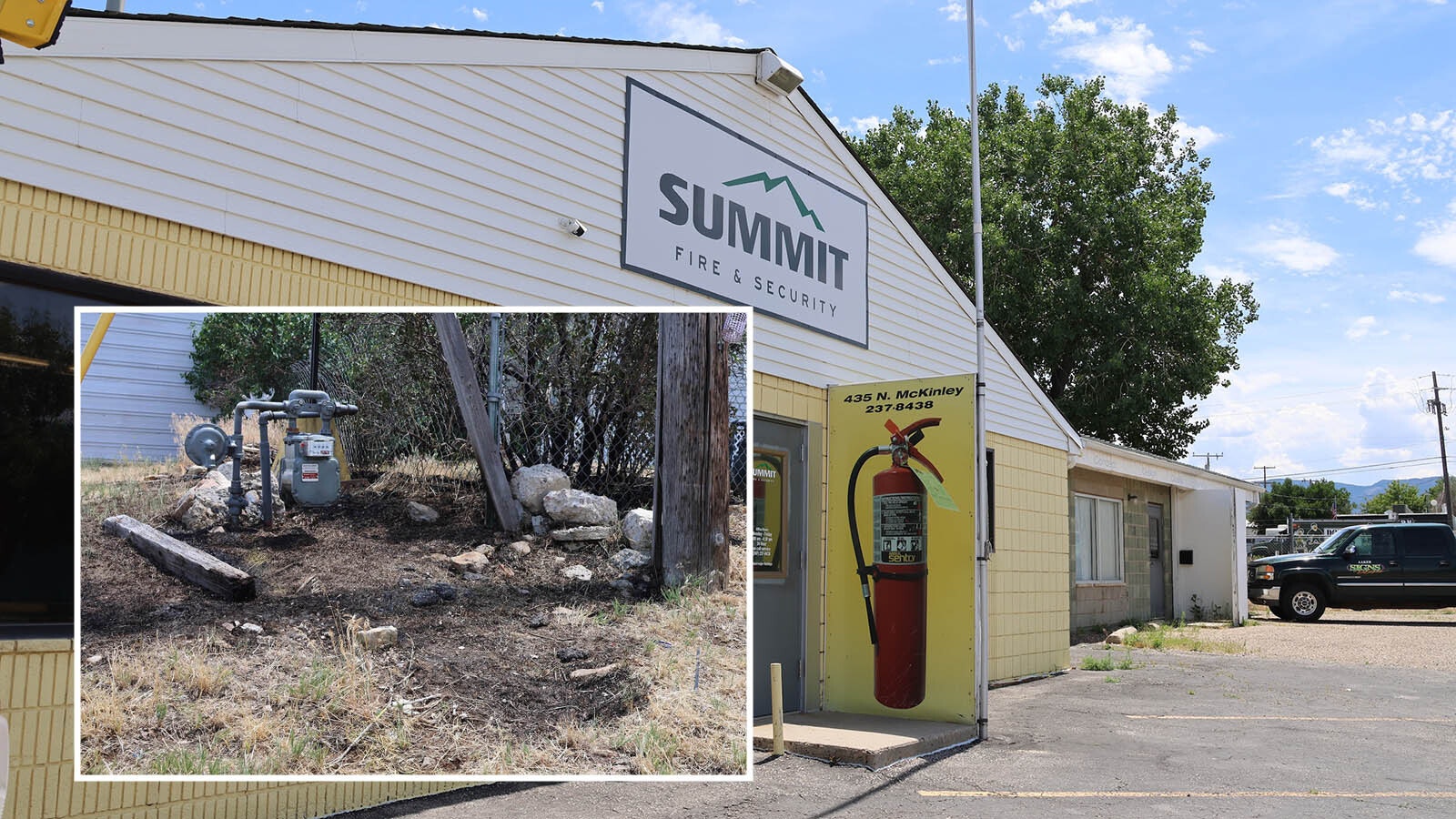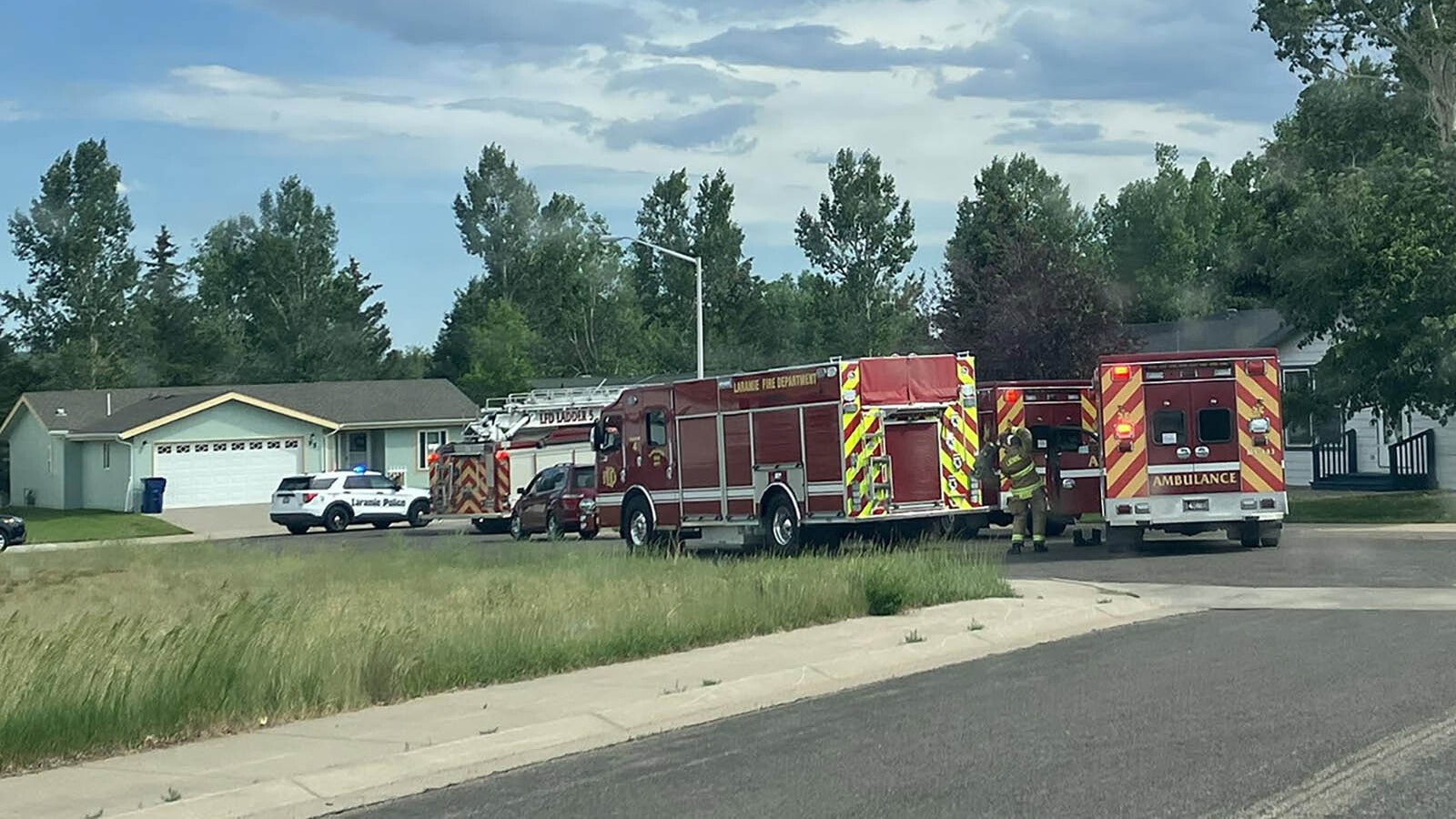When a federal police chief overseeing the Wind River Indian Reservation met with state lawmakers Monday in Riverton, an indigenous woman approached him to ask for help, and solutions to the area’s sexual assault problem.
Bureau of Indian Affairs (BIA) chief Erick Blackburn, who manages the Wind River contingent of the large federal police force, met Monday at Central Wyoming College with the state Legislature’s Select Committee on Tribal Relations to discuss staffing.
‘Since You’re Here’
During these discussions, an American Indian woman named Jessica Swallow walked to the front of the room and seated herself next to Blackburn. Speaking as a community member, Swallow asked the committee to ensure that a forensic pathologist can oversee suspicious deaths of American Indian women.
Swallow then addressed Blackburn.
“I’m glad you’re here, Mr. Chief of Police,” said Swallow. “Now that you have some more staffing, if you could take a look into the sexual assaults that go on, on our reservation – that’s another essential thing.”
Blackburn had told the committee that with 18 agents, he is comparably well staffed. But the Wind River agency still struggles with having to send officers to help other agencies, and with the huge land base it covers and the violence it encounters, he added.
Swallow said she hopes the bureau can employ a victims’ advocate to work with sexual assault victims.
“We have predators that walk our reservation and it’s scary. It’s really scary,” she said, adding that she has picked people up at the hospital who have been severely assaulted.
“Nothing has ever been done. You go to a powwow and you walk by these people, and it’s scary,” she said.
Often, victims are too intimidated to report the assaults because the perpetrators have big families, she added.
“One of my friends said something (to police) – and she was getting death threats; she had to go buy a gun and move out of the county,” said Swallow, routinely fighting back tears. “And since you’re here – I’d like you to look into that.”
Rep. Lloyd Larsen, R-Lander, who co-chairs the committee, thanked Swallow for voicing her thoughts.
“Jessica, thank you. That’s not an easy thing, to come up here,” said Larsen.
‘Out Of Control’
Blackburn told Swallow and the committee that sexual assaults are “out of control” on the reservation.
A Wyoming Division of Criminal Investigation annual report shows one rape reported in 2019, and zero for each of the two years prior for the Wind River agency. There may have been more sexual assaults reported to the FBI, which has official jurisdiction over felony-level crimes on the reservation.
Blackburn said sexual assaults often are difficult to investigate due to a lack of victim cooperation. Victims often will not speak to police or may be hostile toward them, and sometimes they don’t remember the attack, he said.
A lack of cooperation is the agency’s biggest “hurdle,” said Blackburn.
“We try everything in our power to try and get them the help we can through (the FBI’s) victim services. A lot of the time, though, they just don’t want to cooperate,” he said. “I don’t know if it’s out of fear – I don’t know.”
Jordan Dresser, the chairman of the Northern Arapaho Tribe’s executive branch of government, told the committee that employing a victims’ advocate under the bureau would help. Dresser also bemoaned what he described as social pressure discouraging victim cooperation.
Federal bureaucratic constraints that stall incoming federal police agents in six months of background checks also may limit police action in dealing with sexual assault victims, Dresser theorized.
“We need help to cut down this bureaucratic level of (oversight): Six months to a year to get someone into a position – that’s ridiculous,” said Dresser.
Top Secret Clearance
Before Swallow spoke to Blackburn, the chief gave a presentation to the committee regarding staffing.
There are two victim advocates’ positions available on the reservation, said Blackburn. He also said his agency for four years has been limping along by using the FBI’s victims’ advocate rather than having its own.
A main reason for that, he said, is that federal background checks for the bureau can take six months or more. The federal officers are cleared for top-secret access during the background-check process.
“Our top-secret security clearances we’re required to get for BIA are a little too much,” he said. “We don’t have access to national security items. It seems a little bit excessive, but that’s not my call.”
Blackburn also described issues with “details,” that is, when other Bureau agencies borrow police officers from better-staffed branches. For a reservation the size of the Wind River, and with violent encounters occurring frequently, having officers dispatched by higher powers stretches the local bureau thin, said Blackburn.
“My guys are busting their tails to answer, call to call, and it’s violent stuff we’re dealing with,” Blackburn said. He added again, “it’s violent.”
Sen. Cale Case, R-Lander, who is a member of the tribal relations committee, said he hoped Wyoming’s federal delegates could remedy some of the force’s staffing issues. He addressed two people who were in the room on behalf of Wyoming members of Congress: one person who was there for U.S. Rep. Liz Cheney and another who was there for Sen. Cynthia Lummis.





